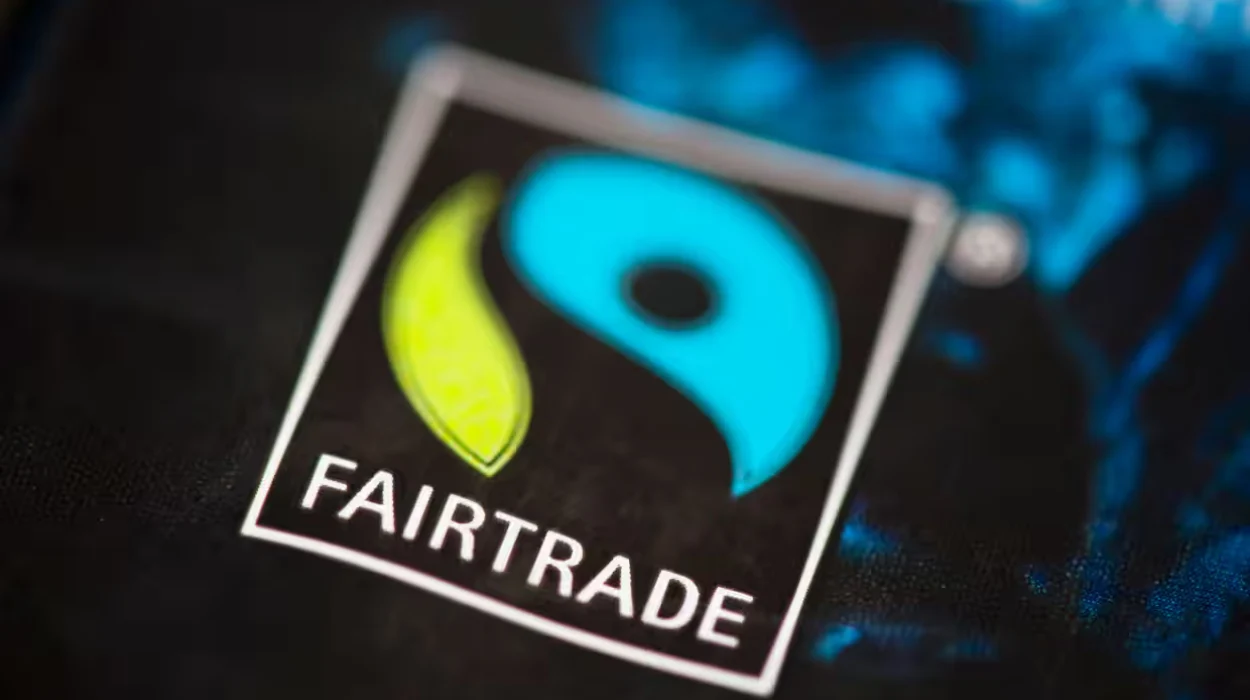UK (Parliament Politics Magazine) – The Fairtrade Foundation’s new boss calls for ethical assurances in UK factories and farms, urging consumers to support ethically certified products.
A non-profit organization, Fairtrade’s incoming head believes the ethical trade body has the potential to play an essential role in tackling exploitation in UK farms and factories, as well as in developing nations.
What did Fairtrade’s new leader, Eleanor Harrison, say about its impact on UK worker protection?
Eleanor Harrison, who will take charge of Fairtrade in March, has expressed confidence that the organisation can assist the British government in protecting workers’ rights.
Ms Harrison stated,
“The UK government needs to grow productivity, we read that maybe too often in the press. Fairtrade can enable them to do that as exploitation in the supply chain has moved from a myriad of developing countries, closer to home making consumers say I don’t feel comfortable with that.”
She highlighted that, as one of the largest retail markets for Fairtrade, consumers demand ethical standards in local goods and products that cannot be produced locally.
How will Fairtrade navigate the cost of living crisis in the UK?
The trade body, which ensures producers receive fair pay and bonuses for community initiatives, is urging consumers to continue backing its certified products despite worries over the cost of living crisis.
The organization, which marked its 30th anniversary last year, only certifies products outside the UK or Europe, apart from pilot programs in France and Switzerland.
The Max Havelaar label, representing Fairtrade in Europe, has focused on certifying wheat in Gers and milk in Poitou-Charentes, with the possibility of extending the concept to other areas.
How can Fairtrade address growing concerns over UK supply chain conditions?
Ms Harrison stated that UK consumers are seeking greater transparency regarding supply chain practices in Britain following recent reports of exploitation in Leicester factories and modern slavery on farms.
While supply chain schemes like Red Tractor for food exist in the UK, there is currently no comparable system in place for the domestic clothing sector.
The new boss of Fairtrade said that independent verification of ethical and sustainable operations could help firms attract and improve their ability to hire and retain workers in the labor market. Ms. Harrison added,
“In the current market, being seen as a good and sustainable employer is really important.”
As reported by The Guardian, due to higher prices on Fairtrade products like coffee and cocoa, sales of ethical products continue to grow.
What fueled Fairtrade’s 5% income growth in 2023?
In 2023, the Fairtrade organization saw a 5% increase in its UK revenue, reaching £13.4 million, a growth from the previous year. As product sales increase, businesses must pay more for the use of the Fairtrade logo.
It was reported that sales of cocoa and tea saw a rise of 6% and 5% in 2023, while sales of fresh vegetables climbed by 15%, and nut and oil sales grew by 12%.
How will Eleanor Harrison’s leadership and tech vision transform Fairtrade?
The new leader of the trade body, Ms. Harrison, pledged to bring dedication to her role, focusing on utilizing technology to strengthen relations between consumers and producers.
She stated the group might use AI for data analysis and tracking supply chains, and provide producers with faster insights into consumer trends.
In the past, Fairtrade has used the FairVoice platform to connect workers and farmers to the supply chain, gathering data and insights to detect potential risks. Satellite technology is also being applied to monitor deforestation.
Worker exploitation in 2024
In 2024, Britain was identified as the major country for migrant worker abuse, with over 40 reported cases in the first 6 months of last year.
Workforce from India, Brazil, and Nigeria have been among those experienced violence, raising significant worries about the treatment of migrant workers. These troubling statistics highlight a growing concern over the treatment of migrant workers in the country.

